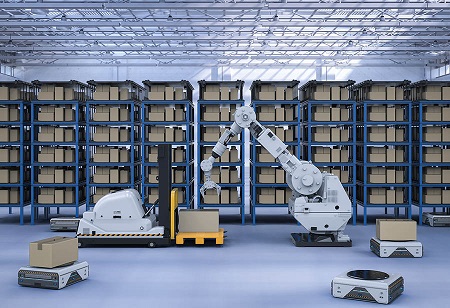
AI is reshaping industries worldwide, and the supply chain sector is no exception. Businesses are turning to AI in supply chain management to streamline operations, reduce costs, and enhance decision-making. From demand forecasting to real-time logistics optimization, AI-powered solutions are transforming traditional supply chain models into smarter, data-driven ecosystems.
AI In Supply Chain
Demand forecasting
Accurate demand prediction is vital for reducing inventory costs and avoiding shortages. AI algorithms analyze historical sales data, seasonal trends, and external factors such as weather or market conditions. This allows organizations to forecast demand with higher accuracy, ensuring the right products reach the right locations on time.
Inventory management
By using AI-driven systems, businesses can monitor real-time inventory levels and automate replenishment. Predictive analytics ensures stock availability while minimizing excess storage costs.
Logistics optimization
AI helps optimize transportation routes, reduce fuel consumption, and improve delivery timelines. Machine learning models evaluate traffic conditions, shipping costs, and route patterns to provide the most efficient distribution strategy. This reduces delays and enhances customer satisfaction.

Risk management
AI tools assess supplier performance, financial stability, and compliance risks. By analyzing large datasets, companies can identify potential disruptions early and build contingency strategies to maintain smooth operations.

Warehouse automation
Smart warehouses use AI-powered robots and automated systems for sorting, packing, and inventory tracking. These innovations improve accuracy, reduce labor-intensive tasks, and increase overall productivity.

Quality control
AI-driven image recognition and defect detection systems enhance quality control. Products can be inspected automatically in real time, reducing human error and ensuring consistent standards before items reach consumers.
Conclusion
Adopting AI in supply chain operations is no longer optional — it is essential for businesses aiming to thrive in a competitive global market. By leveraging AI for forecasting, logistics, risk management, and sustainability, organizations can build smarter supply chains that respond to changing demands with speed and precision.

